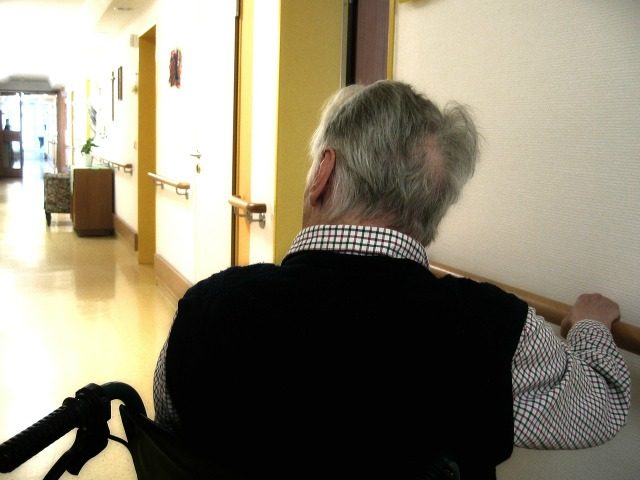A huge increase in the use of morphine patches on people with dementia is “very worrying” and borders on “active euthanasia” in order to cut costs, a Swedish professor of geriatrics has warned.
Experts in Sweden are sounding the alarm on soaring use of the analgesic patches, which are inappropriate for the elderly, and deadly for people suffering from dementia. Professor Yngve Gustafsson believes the astonishing rise in BuTrans prescribed — a more than seven-fold increase in ten years, almost all of which has gone to patients over 80 — is unique to Sweden.
“This is a treatment that has grown enormously [among] people with dementia with the purpose, in many cases, of alleviating pain.
“But use has risen so high that one could start talking about active euthanasia — in that [the patches] are being used to kill people with dementia, with the idea that it’s cheapest and best to get rid of them”, the Umeå University professor cautioned.
He warns that the patches, which are worn on the back and last for a week, “are particularly dangerous” for people with dementia as they can speed up the disease symptoms and rapidly hasten death.
Patients with dementia are usually made more tired, confused and worried by the patches, which often also stop feelings of hunger and thirst and make it difficult to urinate and defecate.
“This means people with dementia who receive this kind of patch can rapidly get worse, stop eating and feel bad, which can cause them to die faster”, Gustafsson explained.
The amount of BuTrans prescribed in Sweden increased by 744 per cent between 2006 and 2015 according to official figures, a rise which he calls “very worrying”.
“I think the huge increase in morphine patches prescribed in Sweden must be quite unique in the world”, he said.
The head of Sweden’s Network of Pharmacoepidemiology (NEPI), an independent authority involved in the regulation of medicines, says action is required.
Michael Hoffman believes the patches are an inappropriate method of pain relief for older people, and argues that politicians must act. He told Sweden Radio: “I don’t think there’s anybody who would advocate this level of patch treatment for the elderly, but we [regulators] have homework to do.”
Sweden’s National Audit Office this week reported that the government has seriously underestimated the cost of population growth from mass migration, and warned Swedes to expect a “substantial deterioration” in public services, welfare and pensions.
“The government ignores how changes in population size and age structure affects local government spending on health care, education, and care”, a statement by the body noted.
The review identified that there will be problems in the future in areas including defense, policing, national security, asylum reception and integration, pensions and support for the elderly, housing and the state’s financial stability.

COMMENTS
Please let us know if you're having issues with commenting.